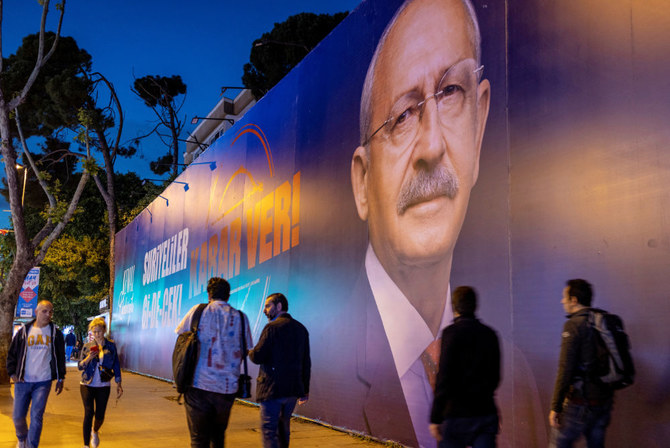
As China prepares to host talks this week with South Korean President Moon Jae-in and Japanese leader Shinzo Abe, North Korea may rise to the top of agenda after Kim Jong Un raised the specter of a year-end provocation (a “Christmas gift”) for Donald Trump.
The “new path” Pyongyang has threatened if Washington fails to make concessions in stalled nuclear talks could include resumption of intercontinental ballistic missile launches capable of reaching the US mainland (suspended since 2017), or new nuclear tests. Either would be a setback for the US president on the eve of election year; he has claimed Pyongyang’s moratorium on these activities as a foreign policy success.
A further reason the peace process may be approaching a pivot point is that China and Russia are calling on the UN Security Council to lift sanctions on North Korean exports such as coal, iron ore and textiles, to improve the lives of the civilian population. In a further proposed easing of the screws, they also want to rescind a ban on about 100,000 North Koreans working abroad and remitting earnings that critics say support the nation’s nuclear and ballistic missile programs.
These initiatives, opposed by Washington, highlight fractures in the previously more unified international containment of Pyongyang. Since the collapse of the Vietnam talks between Trump and Kim this year, other storm clouds have appeared to threaten the US-North Korean dialogue, including US intelligence claims that Pyongyang has increased production of fuel for nuclear weapons while engaged in diplomacy with Washington.
This is an embarrassment for the White House, especially since Pyongyang appears to have been trying to hide this increased fuel production while simultaneously seeking concessions from Washington, such as ending US military drills with South Korea. Even the ever-optimistic Trump concedes that the talks with Pyongyang may “not work out.”
While Trump and much of the international community expect further concrete actions from Pyongyang, Kim and his allies argue that the North has already permanently dismantled a nuclear test site in Punggye-ri.
Andrew Hammond
At the heart of the logjam is not just the vagueness of the commitments in last year’s Singapore talks between Kim and Trump, but also a fundamental difference between Pyongyang and Washington over what steps are needed to build confidence.
While Trump and much of the international community expect further concrete actions from Pyongyang, Kim and his allies argue that the North has already permanently dismantled a nuclear test site in Punggye-ri. They are therefore pushing hard for reciprocal measures, beyond the halting of Washington-Seoul military exercises, to create conditions in which Pyongyang “would feel the decision to denuclearize was a right move.”
This underlines the significant expectations gap that emerged from the Singapore summit, apparently oblivious to the failure of similar US initiatives such as six-party talks in 2008, which collapsed mainly because North Korea refused to allow inspectors to verify that it had shut down its nuclear programs. At best, that Singapore session was no more than a start to a sustained strategic dialogue, despite the hype from both sides; Trump, for instance, declared that the nuclear threat from North Korea was over.
Even now, it is still not clear that the Trump team has a comprehensive, clear or coherent strategy toward Korea. There does not even appear to be agreement on what Kim’s “commitment to denuclearization” means in practice. To Trump it appears to mean unilateral disarmament. For Kim it is much more about potentially lengthy negotiations in which North Korea would be treated as an equal to the US, giving him further propaganda victories. He will probably remain wary about making concrete commitments to specific time frames, and will want to win further economic and political concessions from Trump before reducing nuclear capabilities, let alone committing to full denuclearization in its literal sense.
The historic potential opportunity offered by the Korea negotiations therefore remains hanging in the balance. A breakthrough cannot be ruled out, with Korea becoming a central part of Trump’s foreign policy legacy, but the president appears just as likely to emulate others who have failed to bring a sustained, peaceful diplomatic outcome to one of the key foreign challenges facing Washington.
• Andrew Hammond is an Associate at LSE IDEAS at the London School of Economics
Disclaimer: Views expressed by writers in this section are their own and do not necessarily reflect Arab News" point-of-view












